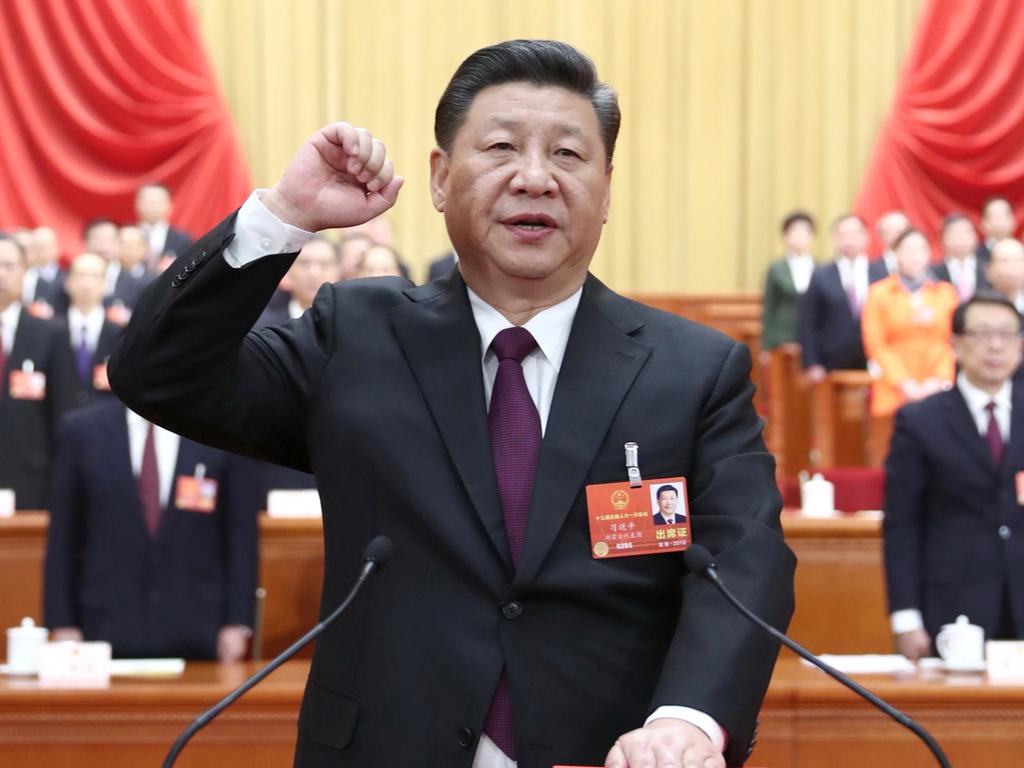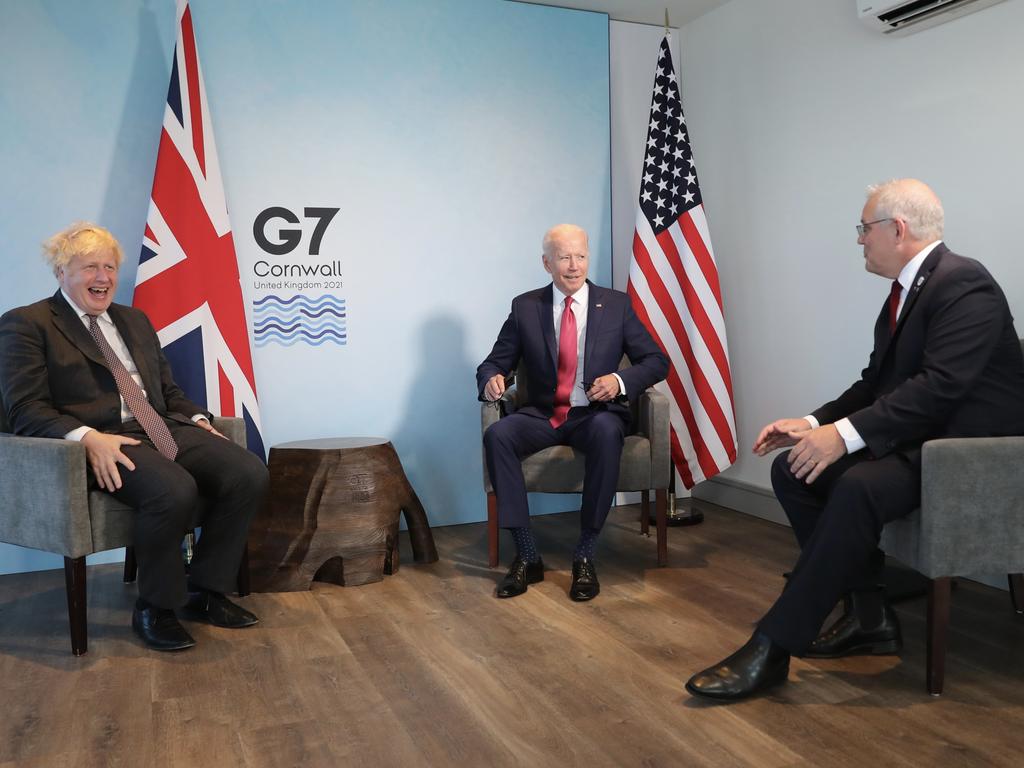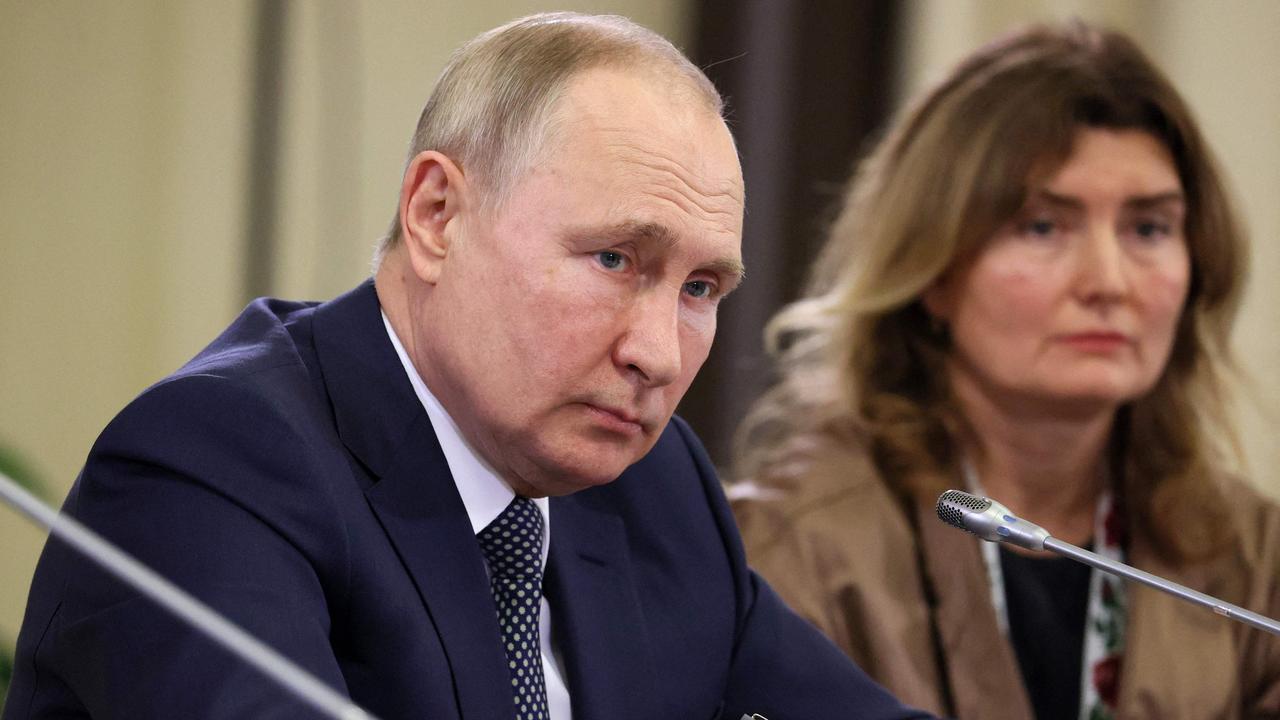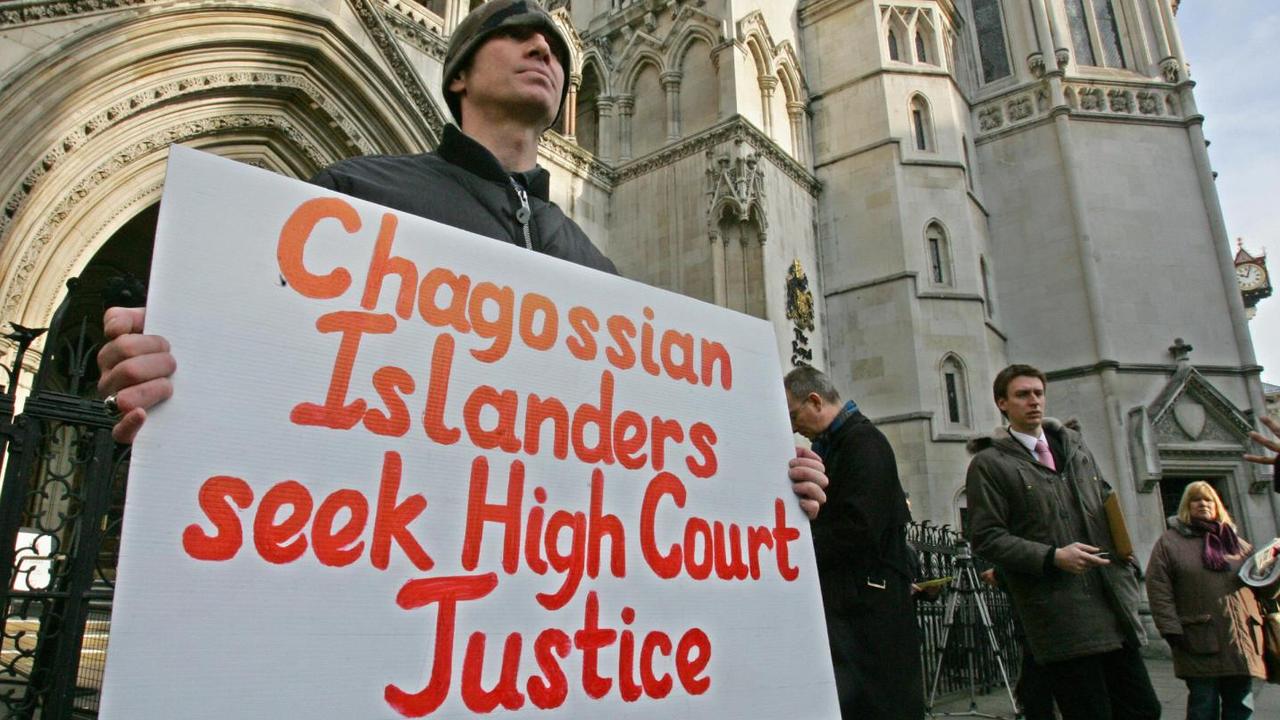China raising stakes with ‘new world of warfare’
China is ‘changing the nature of warfare’ by investing heavily in modern military capabilities such as robots, facial recognition software and AI, Nato chief warns.
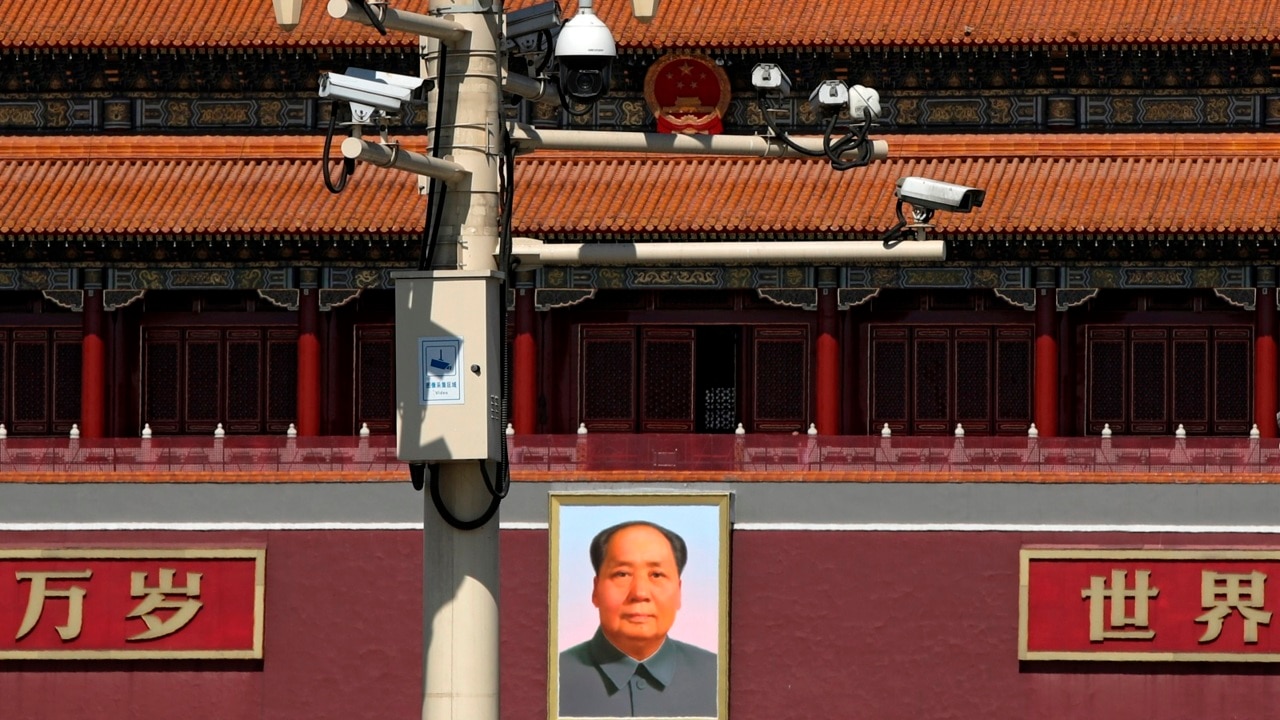
China is “changing the nature of warfare” by investing heavily in modern military capabilities such as robots, facial recognition software and artificial intelligence, the head of Nato has warned.
Jens Stoltenberg, the secretary-general, said China’s military build-up and coercive behaviour presented security risks to the western alliance.
In a press conference following the Nato summit yesterday in Brussels, he said the alliance must spend more on defence to beef up its defences and counter threats from Beijing and Russia. He also described relations with Russia as at their lowest point since the end of the Cold War.
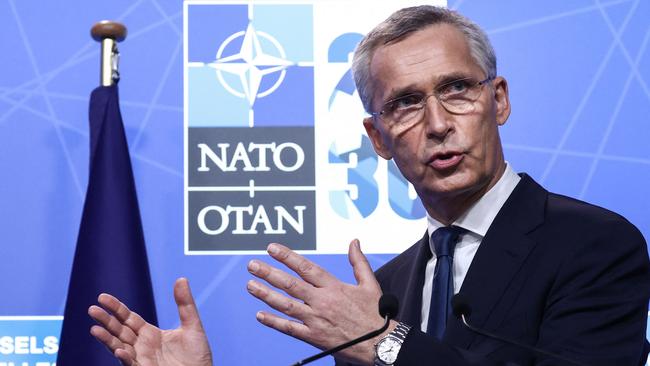
Boris Johnson, who travelled to meet world leaders in Brussels, insisted that the alliance did not want a new Cold War with China, but said it did pose “challenges”.
The meeting came as it emerged that Porton Down, Britain’s top-secret research laboratory, was hiring hundreds of scientists, including specialists in space and artificial intelligence, to counter threats from China and Russia. Over the next three months jobs will be advertised for about 300 defence scientists to work for Porton Down, also known as the Defence Science and Technology Laboratory, at its site near Salisbury and other locations across the country after it received extra funding.
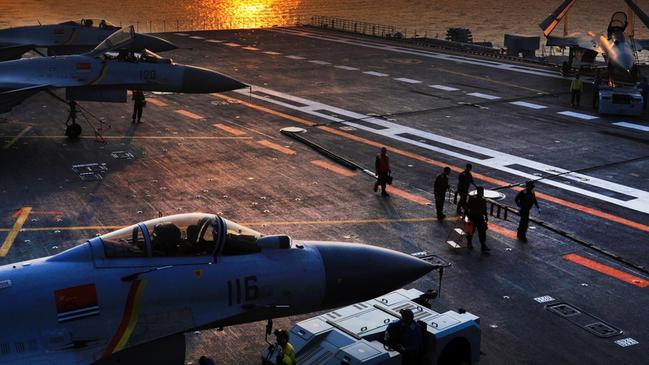
The recruitment drive, the biggest in the laboratory’s 20-year history, is part of the government’s efforts to make Britain a “science and tech superpower” by 2030, with the ability to “monitor, protect and defend” the country’s interests. Scientists specialising in artificial intelligence and space are among those being sought, as well as analysts and engineers. More positions are expected to be advertised next year.
It is understood the roles will include a focus on the threats of the future such as increased hostility and aggression from Russia and China’s technological advancements as well as the dangers posed by organised crime and terrorist groups and cyberhackers.
A Ministry of Defence source said: “These new recruits will be at the forefront of keeping the UK safe from a huge range of threats.”
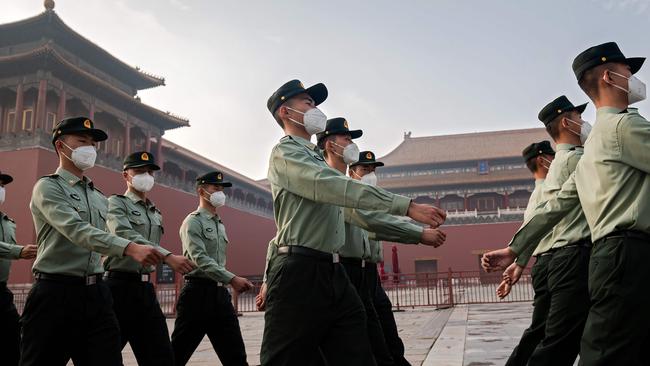
During the Nato summit in Brussels, the allies focused on the threats coming from China and Russia, as well as the withdrawal of Nato troops from Afghanistan. They agreed that China’s behaviour was a “systemic challenge” to the rules-based international order.
Stoltenberg said that China was “coming closer” to the alliance and would soon be the biggest economy in the world and would have the second biggest defence budget. He said that it was investing in nuclear warheads and new disruptive technologies, such as artificial intelligence, and then putting that software in weapons systems to make them more deadly.
“They are really in the process of changing the nature of warfare,” he said in a press conference after the summit.
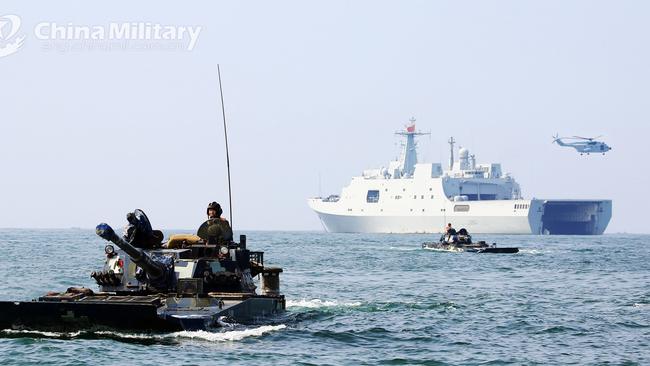
In a sign of tension President Macron of France appeared to clash with President Biden of the US and Stoltenberg over the language on China. At a separate press conference Macron said: “Nato is a North Atlantic organisation, China has nothing to do with the North Atlantic. We shouldn’t bias our relationship with China - it is much larger than just military. We shouldn’t distract from the many challenges we have within Nato.”
Angela Merkel, the German chancellor, stressed the need for the “right balance” when it came to Beijing.
Nato countries also agreed to defend each other if war broke out in space following Chinese and Russian tests of anti-satellite weaponry.
Stoltenberg said that any attack on satellites or other space assets could trigger Article 5 of the North Atlantic Treaty, invoking a collective military response.
Nato member states agreed that such attacks could be as damaging as a conventional attack, adding that the response to each incident would be considered case by case.
The Times

